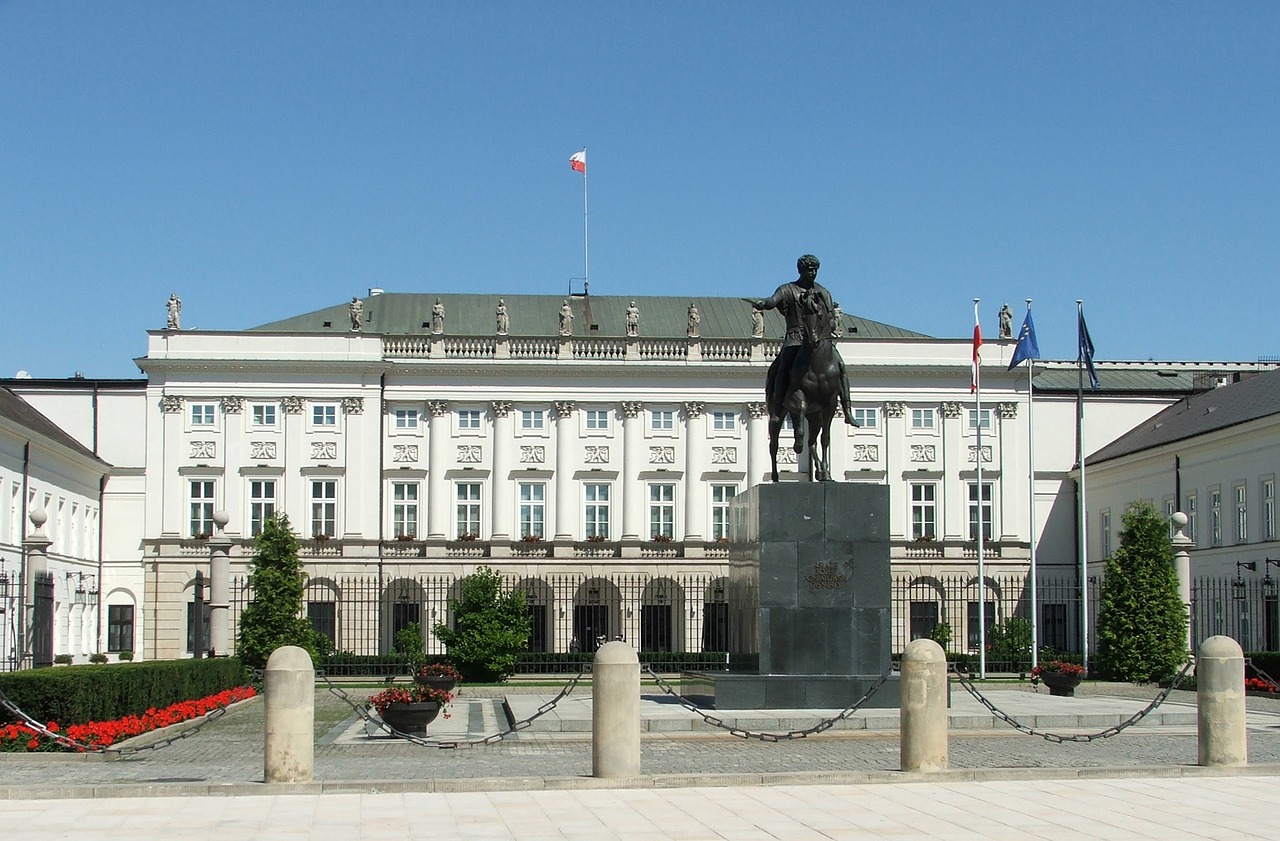Polish President Andrzej Duda accused the new government of creating “terrorism”, “terrorism of the rule of law”, presenting a series of violations of the law by new Prime Minister Donald Tusk that he has allegedly committed since he was sworn in. In mid-December.
From a coalition point of viewPrime Minister Donald TuskBut exactly the opposite is true: he sees the decisions taken as necessary steps to liberate the country from the “system” that the previous government led by the Law and Justice Party, legitimately elected, would have created during its eight years in government. Meanwhile, the PiS leadership presents a Manichaean view on… Task Team.
These are not just rhetorical skirmishes. A quarter of a year after PiS was defeated in parliamentary elections, Poland is sliding into a constitutional crisis that could turn into a national crisis.. Disagreements are increasing between the president and the government over which laws should be enforced and which should not, and which court decisions should be recognized and which should not.
Chaos is advancing in the judicial sector
The situation continues in the judiciary: two divisions of the Supreme Court have issued contradictory rulings on the same politically sensitive issue, denying each other the right to rule on the matter; In the prosecutor's office, two men are issuing instructions claiming to be the legitimate leader – a man from PiS and another appointed by the new government in his place.
Over the past eight years, PiS has reorganized the judiciary, public media, state-owned enterprises and public services to serve the party. In doing so it has clearly set its own rules and appointed its own men, as any ruling party would have done, just look at what is happening in France, for example. In this he enjoyed the support of President Duda and the Constitutional Court, which PiS had controlled since the beginning of his government. After all, in no European country have we ever seen a government that appoints its opponents to head institutions.
The Constitutional Court follows the previous government (clear)
The elections have changed the government so far, but they cannot abolish the positions appointed by PiS. The SPIL system does not exist in Poland, nor does it unfortunately exist in any European country. Any government takes over the bureaucracy or judicial system appointed by its predecessors, and the same applies to Poland.
If the new ruling coalition wants to keep its election promise to depoliticize the judiciary, or rather repoliticize it in its image and likeness, bringing it closer to the standards desired by Brussels, it will have to amend many of the laws approved by PiS. But there are two obstacles: the president and the Constitutional Court. Both of them continue to work fully in line with the Law and Justice Party, which is resisting the struggle for power.
Duda will remain in office until the summer of 2025, and the majority of judges loyal to PiS will remain on the Constitutional Court until at least 2027. The majority enjoyed by the new government in Parliament is not large enough to override a presidential veto. If Duda continues to maintain a confrontational stance, it will not be possible to avoid a permanent siege.
The government has the possibility of bypassing the Constitutional Court, questioning its formation, and acting as an armed wing of the European courts. For this reason, the government has already ignored two rulings issued by the Constitutional Court in the debate over the return of public media. In other cases, he made decisions that denied the validity of PiS-era standards. However, in doing so, the government creates a gray area in which its proven respect for the “rule of law” disappears.
It is clear that Germany supports the new Tusk government in this direction, but this makes it more fragile from a domestic political point of view and undermines its claim to work only on restoring the rule of law and the constitution. If this must be respected, it must be respected for everyone, and it can only be respected when it is appropriate to do so. The raison d'être of the diverse coalition supporting Tusk is in opposition to PiS, but it is much less organic. It is not a given that in 2025 he will be able to deliver victory to his presidential candidate. If this were not the case, the impasse would continue, and Europe would not be able to make concessions, even when the state structure was at risk.

Thanks to our Telegram channel, you can stay up to date with new economic scenario articles.

“Reader. Travel maven. Student. Passionate tv junkie. Internet ninja. Twitter advocate. Web nerd. Bacon buff.”




